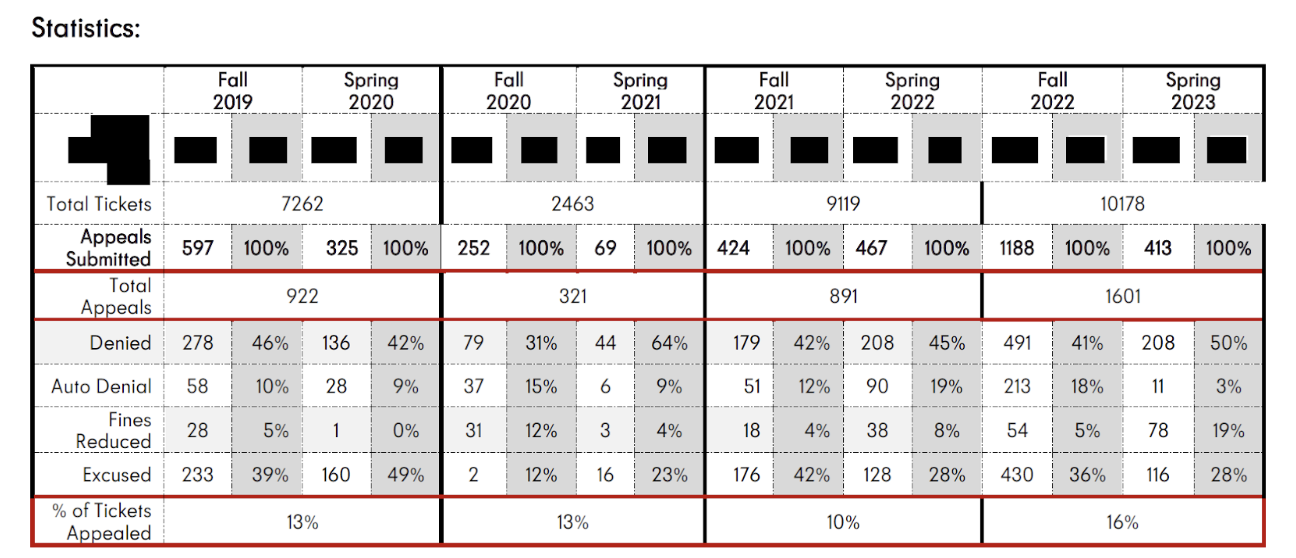By Mike Downing
Advisor
At the end of last semester, PASSHE Chancellor Dan Greenstein posted an 853-word blog post along with a two-minute YouTube video.
In the video, the chancellor reports having an exciting fall semester having visited all 14 campuses. He called it a “grand tour” and talked about having productive conversations with faculty, staff and students about how to shape the university system going forward.
At the end of the video, he said he was looking forward to entering the spring semester “refreshed, renewed, and ready to make a difference.”
The blog post essentially picks up from there. Greenstein said that, prior to the quarterly Board of Governors meeting, he will be formally sworn in as the system’s new chancellor.
Previous chancellors include James H. McCormick (1983 to 2001), Judy G. Hampel (2001 to 2008), John C. Cavanaugh (2008 to 2013) and Frank T. Brogan (2013 to 2017). Peter H. Garland and Karen M. Whitney served as acting chancellor and interim chancellor, respectively, during that time frame.
Greenstein said that the new vision for PASSHE will be shaped by work that has been conducted by three task groups.
One group asked: Who are our students? What do we mean by their success?
Another asked: What do we expect of our universities? What do we mean by their success?
The third asked: What do we expect of our system? How should it perform in the interest of our students’ and our universities’ successes?
Comments on the recommendations can be left here.
The chancellor also said his team has been working to blend quantitative, qualitative and experiential in order to gain an understanding of PASSHE’s history, accomplishments and challenges.
At the conclusion of the blog post, he encouraged engagement, asking stakeholders to share one thing the system is doing that they should continue and one thing the system should stop doing.
He indicated that he could be reached through email at chancellor@passhe.edu or via comments below the blog post.
The comments were a mix of concerns that PASSHE professors have had for some time. Highlights appear below.
Unknown writes (and was seconded), “Honestly, all we’re wondering is whether you have the backbone to fight for higher education in the face of unrelenting hostility of conservative politicians.”
Witchhazel writes, “One thing we should keep doing is keeping class sizes small to facilitate inclusive dynamic learning environments. One thing we should avoid is a movement towards online learning. The data on the benefits of face-to-face learning are clear.”
E.J. writes. “As a faculty member, I appreciate your enthusiasm . . . [and] am glad to see you cite the various kinds of research you have doing on our students and their experiences.”
John Golden points out the discrepancy between education and incarceration: “PASSHE….107,000 students, budget=$453 million; PA DOC….48,000 inmates, budget=$2.1 BILLION.”
David Fulford writes, “I am insulted when I go to meetings and hear things like our students are consumers and at the same time they are being displayed on spreadsheets like yesterday’s inventory.”
Socrates 48 writes, “What should we continue doing: offering relatively inexpensive degree programs with a strong and diverse general education requirement. What we should stop doing: using a private sector business model of our state university’s performance indicators.”
Brian Jones writes, “The system should continue its emphasis (challenged of late) as low cost access to a high quality liberal arts based undergraduate education.”
Other general comments called for smaller class sizes, some effort to mitigate competition between PASSHE universities, improved collaboration across the system, a coordinated effort to stop viewing the system through the eyes of the business model and possibly breaking up the state into regions in order to reduce competition and prevent redundancies.





Leave a Reply to mdowning1